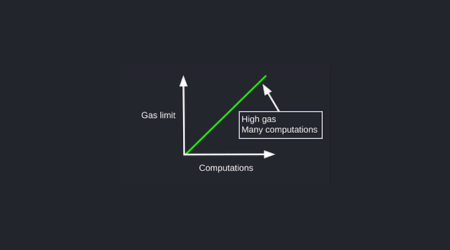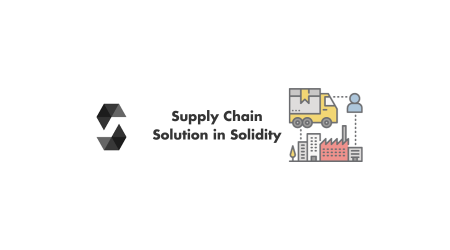Are you interested in learning about Blockchain, Solidity, and Ethereum?
With these courses, you can gain a deep understanding of blockchain fundamentals, learn to program smart contracts using Solidity, and even develop and deploy applications on the Ethereum platform.
By enrolling in these courses, you can stay ahead of the curve and unlock exciting opportunities in the world of blockchain technology.
1. Key Takeaways
- Gain a deep understanding of blockchain technology
- Learn Solidity programming for writing smart contracts
- Explore Ethereum development and deployment for smart contracts
- Dive into building decentralized applications on the Ethereum blockchain
2. Course I: Mastering Blockchain Fundamentals
You’ll quickly grasp the fundamentals of blockchain technology with this course. Mastering blockchain basics is crucial for understanding its potential applications.
This course will provide you with a comprehensive overview of blockchain technology, including its underlying principles and mechanisms. You’ll learn about the decentralized nature of blockchain, its immutability, and its potential for secure and transparent transactions.
Additionally, you’ll explore blockchain use cases in various industries, such as finance, supply chain management, and healthcare.
Building on this foundation, you’ll be well-prepared for Course 2: Solidity Programming for Smart Contracts.
3. Course II: Solidity Programming for Smart Contracts
Get ready to dive into Solidity programming and master the art of writing smart contracts. In this course, you will learn the Solidity syntax explained in a clear and concise manner.
Here are some best practices for smart contract development that you will explore:
- Use function modifiers to enhance security
- Implement error handling to prevent unexpected behavior
- Follow naming conventions for clarity and readability
- Avoid using excessive gas to optimize costs
- Test and deploy your smart contracts on the Ethereum network
Now, let’s move on to Course 3: Ethereum Development and Deployment, where you will learn how to bring your smart contracts to life on the Ethereum platform.
4. Course III: Ethereum Development and Deployment
Now, let’s explore Course 3 and delve into the development and deployment of smart contracts on the Ethereum platform.
In this course, you will learn about Ethereum security best practices and how to ensure the safety of your smart contracts.
Additionally, you will discover techniques for optimizing Ethereum network scalability to handle a larger number of transactions efficiently.
Ethereum, founded in 2015 by Vitalik Buterin, empowers developers to build decentralized applications (DApps) and smart contracts. Key aspects:
- Smart Contracts: Self-executing agreements written in code, executed on Ethereum Virtual Machine (EVM).
- Tools: Development tools like Remix, Truffle, Web3.js, and ethers.js streamline Ethereum app creation.
- Deployment Steps:
- Test on Ethereum’s test networks.
- Consider gas fees and optimization.
- Conduct security audits.
- Deploy on Ethereum’s mainnet.
- Interoperability: Ethereum DApps can interact with other DApps and blockchains.
- Maintenance: Use upgradeable smart contract patterns for updates.
- User Interfaces: Create user-friendly interfaces to interact with Ethereum DApps.
Ethereum’s evolution, including Ethereum 2.0, continues to shape the decentralized application landscape.
Mastering these concepts will prepare you for Course 4, where we will delve into advanced topics in blockchain technology.
5. Course IV: Advanced Topics in Blockchain Technology
In Course 4, you’ll delve into advanced topics in blockchain technology and gain a deeper understanding of complex concepts and applications. This course will address privacy concerns and scalability issues, two critical challenges in the blockchain industry.
Here are some key points you’ll explore in this course:
- Understanding the importance of privacy in blockchain transactions
- Exploring different privacy-enhancing techniques like zero-knowledge proofs
- Analyzing the trade-offs between privacy and transparency in blockchain systems
- Examining the scalability limitations of current blockchain networks
- Learning about potential solutions such as sharding and layer 2 scaling
6. Course V: Building Decentralized Applications With Ethereum
As you progress to Course 5, you’ll dive into the exciting world of building decentralized applications using the Ethereum platform.
In this course, you will learn about decentralized application architecture and how to design and develop applications that run on the Ethereum blockchain.
You will also learn about smart contract testing and debugging techniques to ensure the reliability and security of your applications.




